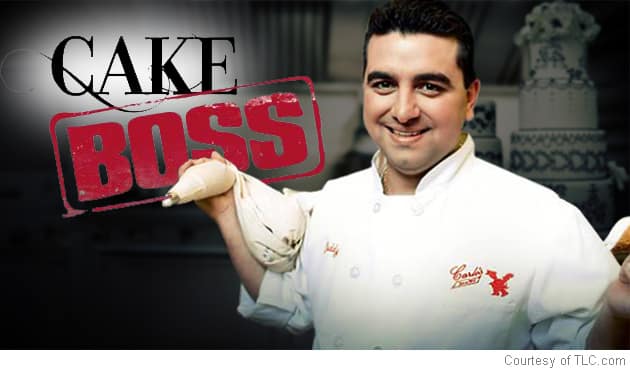The majority of students at Case Western School of Medicine matriculate into the University Program. Every year starts with a class of approximately 150 students. Even the PPSP students become a part of the University Program. The MSTP and CCLCM programs are not a part of the PPSP guarantee - PPSP students must submit a full application, including MCAT scores.
I will be entering the UP track in July and I can't wait! With the majority of Case med students in this program, you know that there is a diverse crowd. When I interviewed, Dr. Mehta (the Dean of Admissions) asked all of us interviewees to say something interesting about ourselves. I had expected an icebreaker - I expected to find out that my future classmates were interested in soccer and liked to bake in their spare time. Perhaps, the most adventurous would say that they were a karate fanatic. Instead, I was AMAZED and completely floored by the volume and variety of talent. There were fencing champions and professional bakers and black belt martial artists! Not knowing how to cook and living in a city like Cleveland, I was more than just "a little happy" to find out I'll be going to school with Zorro, the Cake Boss and Jackie.
Safe and fed? What more could a girl ask for?
University Program (UP)
Case is a great medical school and consistently turns students into phenomenal doctors. There are three reasons for its success:
1.) Its prime location in Cleveland. The School of Medicine (SOM) is the only medical school in Cleveland. This means that we are the only students seeking the attention of the doctors at all of the great area hospitals - Cleveland Clinic, University Hospitals, Metro Health, the VA. World class surgeons and internists are ready to teach you everything you desire to ask. The opportunity in Cleveland is CRAZY amazing. All you have to do is step into the city, and you will be surrounded by medical wonder! Like they say in real estate: "Location, location, location."
1.) Its prime location in Cleveland. The School of Medicine (SOM) is the only medical school in Cleveland. This means that we are the only students seeking the attention of the doctors at all of the great area hospitals - Cleveland Clinic, University Hospitals, Metro Health, the VA. World class surgeons and internists are ready to teach you everything you desire to ask. The opportunity in Cleveland is CRAZY amazing. All you have to do is step into the city, and you will be surrounded by medical wonder! Like they say in real estate: "Location, location, location."
2.) The WR2 curriculum. Case is known for its cutting edge curriculum. The emphasis in the curriculum is learning collaboratively. When I arrived at Second Look Weekend, I found out how true this is! I was introduced to the Inquiry (IQ) group.The IQ session almost entirely student run and helps everyone voice their concerns, ask questions, and work together to figure out a solution. Every week, students are handed new cases to discuss in their IQ groups and this small, discussion based learning really mimics the real life work of doctors - working in collaboration with their peers so that patients may receive the most thorough care.
3.) The sense of community. The first thing I noticed when I arrived at Second Look Weekend was how close all of the students and faculty were. Case was so much more than a school to all of them, but a shared community - a smaller city integrated within Cleveland. That is not to say that friendly competition is not a factor: Case has four societies - Blackwell, Robbins, Satcher and Wearn. It's like Hogwarts over there! As future doctors working within communities, it is incredibly important to maintain the personal touch in order to be able to connect with patients and peers. Case, from Day 1, emphasizes this importance.
3.) The sense of community. The first thing I noticed when I arrived at Second Look Weekend was how close all of the students and faculty were. Case was so much more than a school to all of them, but a shared community - a smaller city integrated within Cleveland. That is not to say that friendly competition is not a factor: Case has four societies - Blackwell, Robbins, Satcher and Wearn. It's like Hogwarts over there! As future doctors working within communities, it is incredibly important to maintain the personal touch in order to be able to connect with patients and peers. Case, from Day 1, emphasizes this importance.
College Program (Cleveland Clinic Lerner College of Medicine)
Medical Scientist Training Program (MSTP)
These two programs are geared for the more research oriented students, but they receive the same benefits of being in Cleveland and being a part of the Case school system. Both of these programs, however, are longer than the traditional four years (CCLCM is 5 years and MSTP is 7 years). The great thing though, both of these programs come with hefty scholarships and stipends. Extra degrees and no debt? Why not?
